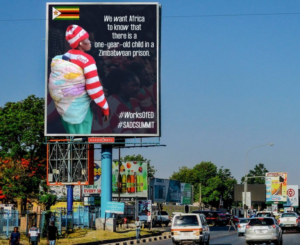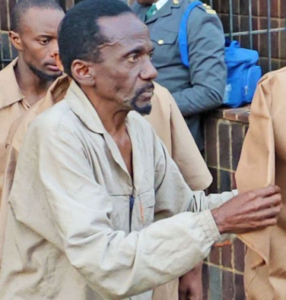ZIMBABWE’S URBAN CRISIS: FAILURES AND EMPTY PROMISES
In the lead-up to Zimbabwe’s August elections, the ZANU PF-led government keeps attacking the opposition. They accuse the MDC Alliance and CCC of not managing urban areas well. The ruling party acts like they have the solutions to the problems in towns and cities. However, this is just a way to hide the real state of our towns and cities.
People living in urban areas, especially in small towns like Redcliff, are suffering. There is a long-term lack of reliable water services. Roads are in bad shape, and street lighting is neglected. Local authorities seem to ignore these big issues, and people are starting to question their intentions.
Residents are also unhappy about suspicious land sales. They do not see any benefits from these sales. Instead, they see senior managers living in luxury, with high-end cars and smartphones. The tender for building a new major road adds to the suspicion. Even though there have been large advance payments, no significant work has been done for years. In Redcliff, residents keep hearing excuses for the poor water supply, especially in lower-density areas.
While these problems are real, it is wrong for the ZANU PF party to use them for political gain. President Emmerson Dambudzo Mnangagwa’s administration blames the opposition but ignores its own role in the country’s poor state.
The urban crisis in Zimbabwe, especially the water problems, is due to the ZANU PF government not investing in important infrastructure. They have not built new water bodies or upgraded old infrastructure, leading to problems as the urban population grows.
The same neglect is seen in the power sector. Zimbabwe uses old equipment, some from the colonial period or just after independence. This lack of maintenance causes long power outages, harming the already weak economy.
ZANU PF’s claim that they handed over well-functioning cities to the opposition is not true. The reality is that the country is surviving on old colonial infrastructure, which is now falling apart due to decades of neglect.
ZANU PF’s strategy of drilling boreholes in urban areas shows their failure to provide lasting solutions to the water crisis. Finance minister Mthuli Ncube did this in Cowdary Park, Bulawayo, and President Mnangagwa did it in Chitungwiza and Epworth. This only highlights their inability to ensure a stable water supply.
By using temporary fixes like boreholes, the Mnangagwa administration admits its failure to maintain good urban living standards. This raises doubts about their commitment to restoring proper water supply systems. Instead of improving urban areas, they are allowing them to become like rural areas.
The use of boreholes by those in charge of the country’s finances is a clear sign that the water issue remains unsolved. This problem is deeper than the faults of opposition-led governance.
The main cause of the urban crisis is ZANU PF’s long-term failure to develop and maintain water and electricity infrastructure. Solving this problem needs a lot of investment, but this seems unlikely. The ruling party tends to prioritize personal gain over the country’s welfare.
In conclusion, Zimbabwe’s urban crisis is a result of neglect and poor governance. Both the water and power sectors suffer from lack of investment and maintenance. The ruling party’s focus on temporary fixes and luxury for a few only worsens the situation. Real solutions require a commitment to improving infrastructure and the lives of all residents.



